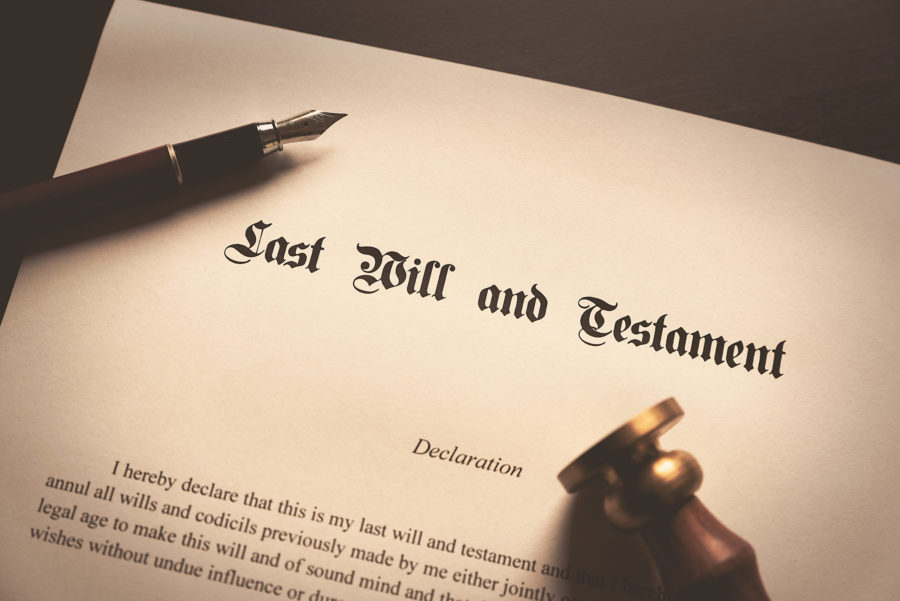
How Do I Contest a Will in North Carolina?

Sometimes, when a person passes away, the will they leave behind isn’t what was expected. It may be that heirs didn’t receive the property they planned on, that certain people didn’t get anything at all, or there are problems with the will. In some circumstances, you may be able to contest the will and ask a court to look at the issue.
But to do so, you’ll need to meet specific requirements under North Carolina law. You’ll need to meet any standing requirements, you must file with the court, and you must have a legal reason to challenge the will. A North Carolina attorney can guide you through the contest process and ensure that your voice is heard.
Standing is a crucial part of a case to contest a will. To have standing, you’ll need to be an interested party. So, what qualifies as an interested party? Generally, this includes people who would inherit under the will (or a prior version), next of kin and legal heirs. If you aren’t related to the deceased and you haven’t been mentioned in the current or prior will, it could be challenging to bring a challenge.
If you have the standing to contest the will, you’ll also need to file a caveat with the court that’s handling the will. This caveat lays out your challenge and is a fundamental document in any contested will case. It’s required by North Carolina law, and you’ll need to make sure that it’s properly drafted and filed within any deadlines in your case.
You’ll also need to support your contest with legally valid reasons and evidence. Some key reasons to contest a will could include:
- A lack of testamentary capacity. To draft a valid will, the person doing so needs to understand their actions and consequences. But many conditions could interfere. Medical issues, drug or alcohol use, and other serious conditions could reduce or remove someone’s ability to handle their own affairs.
- Undue influence. This can occur when someone, usually in a position of power over the deceased, had too much sway over decisions. The judge can look at how the will changed from any prior versions, the actions of the person suspected of undue influence, and many other factors to make their decision.
- Deception. The sad reality is that some people write their wills in certain ways because they’ve been deceived. Wills can also be forged by unscrupulous people. If you suspect that a will was created due to fraud or is fraudulent itself, you may be able to contest it in court.
- The will doesn’t have the information it needs. For a will to be valid, it needs to have certain signatures, if written, or meet other detailed requirements. If a will is missing key items, it could be contested.
Contact Us If You Need to Contest a Will in North Carolina
Contesting a will can be challenging and will need strong evidence and arguments to support it. But the experienced estate lawyers at Mullen Holland & Cooper P.A. could help. We’re known as one of the finest law firms in western North Carolina, and since 1950, we’ve been helping clients just like you. Learn more about how we can help you contest a will by calling us at 704-864-6751 or use our online form to get in touch






